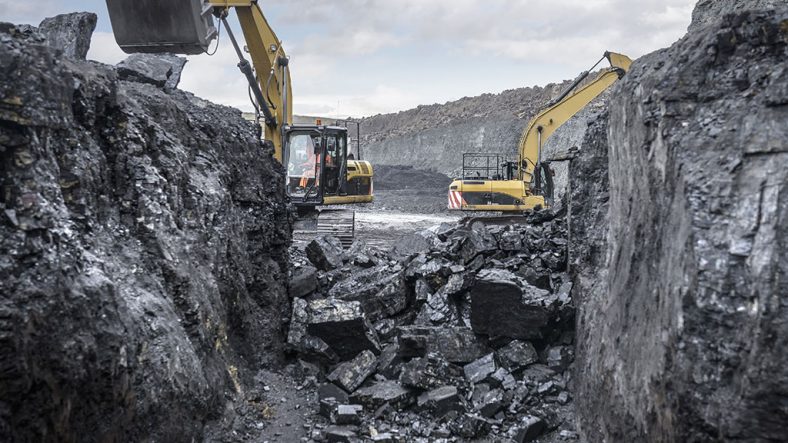The insurance world has moved to counter the use of coal. Many companies in fact withdrew the financial coverage for coal projects, among them the totality of the Americans.
According to the Unfriend Coal report, which includes 13 environmental groups such as Greenpeace, Client Earth and Urgewald, a German NGO, which will be presented at an insurance and climate risk conference in London, ten firms moved to restrict the insurance cover they offer to companies that build or operate coal power plants in 2019, taking the global total to 17, of a total of 35 insurance companies studied, equal to 37% of the total assets of the insurance sector, with assets of 8.9 billion dollars.
At the beginning, the first insurers to exit coal policies were all European. However, since March also the Americans and Australians (Chubb, Axis Capital, QBE and Suncorp) have disengaged, leaving the Asian insurance companies and the British of Lloyd’s of London.
The reason for the decisions of similar companies is soon told: it is not an environmental crusade, but a calculation of economic interest. As global temperatures climb, hurricanes, wildfires and floods have become more frequent and severe, resulting in higher claims bills for insurers.
Peter Bosshard, one of the Unfriend Coal campaign co-ordinators, said: «We hope within two to three years it will be so difficult to obtain insurance that most coal projects won’t be able to go forward».
On its behalf, Lloyd’s defends itself by declaring: «We take climate change extremely seriously and recognise the important role insurance can play in supporting, accelerating and de-risking the transition to a low carbon economy. Whilst Lloyd’s Corporation does not set underwriting policy in the market, except if there is a specific legal or regulatory requirement to do so, we are nevertheless committed to building consensus across the 90-plus syndicates that operate at Lloyd’s about how we make this transition».









Show Comments